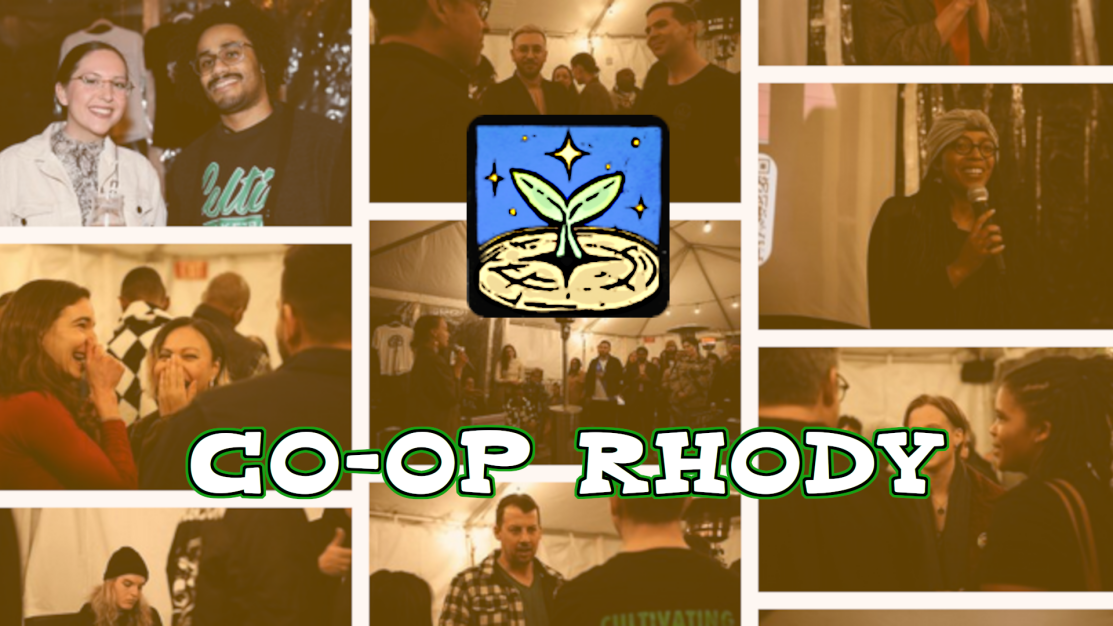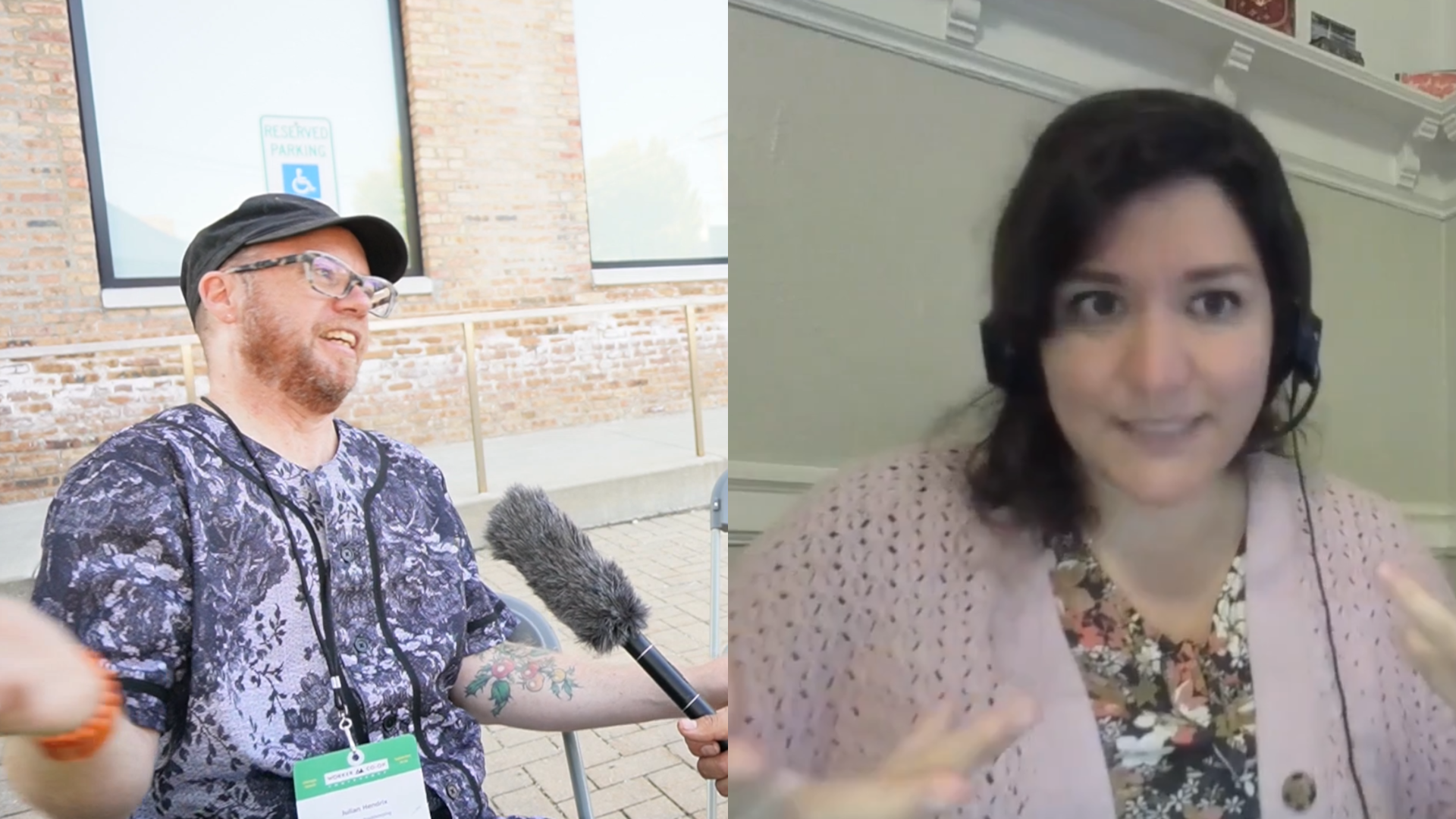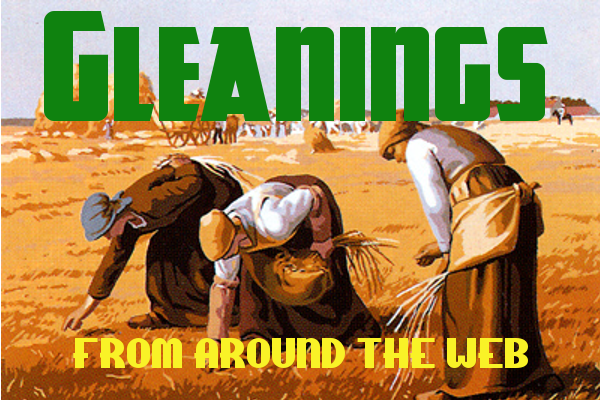This week, Malikia Johnson writes about Co-op Rhody, a coalition of workers, union organizers, and community activists that is working to build worker co-op cannabis dispensaries in Rhode Island, and effort that has received some support from the state in the form of twelve licenses reserved for social equity and worker co-op enterprises.
Then Chris interviews two more attendees from the USFWC Conference, Julian Hendrix of South Shore Bicycle Works and Esther West of Shared Capital and Ajani consulting co-op.
I Got 5 On It: Co-op Rhody Turns Community Proverbs into a Cannabis-Based Business Model
by Malikia Johnson
Co-op Rhody, with the help of the Rhode Island Cannabis Act, is developing a new approach to legalizing cannabis that is attempting to ensure racial and economic justice. Even more importantly, worker cooperatives give a chance for some of the wealth to transfer to formerly incarcerated people and people of color. A radical approach that they hope the rest of the country follows.
Julian and Esther
Two Interviews from the 2024 USFWC Conference
by GEO Collective
Chris interviews Julian of South Shore Bicycle Works and Esther West of Ajani worker co-op and Shared Capital Cooperative.
Workers Win Union Election at Mississippi Market Co-op
Workday Magazine — On October 9, 101 workers from across Mississippi Market Co-op’s three locations in the Twin Cities voted in a union election, and 82 workers voted yes to union representation. Around 158 employees will be represented by United Food and Commercial Workers International Union (UFCW) Local 1189, which also represents thousands of health care, food processing, cannabis, and other retail workers in Minnesota and western Wisconsin, including workers at the Wedge Co-op in Minneapolis, the River Market Co-op in Stillwater, Minn., and the Whole Foods Co-op in Duluth, Minn...
Decolonization and the Law
Sustainable Economies Law Center — What does legal support for rematriation look like exactly? As Indigenous-led groups move with intention down a spiritual path, with guidance from the ancestors, we are there listening, learning, and helping to remove obstacles. Many of these obstacles involve sorting through contract language, filling out paperwork, contacting the relevant government agencies, the list goes on. Our role is often to get the paperwork out of the way: Choosing an entity recognized by the colonial legal system that can “properly” hold land, assisting with land “purchase” (which is again a colonial fiction), and assisting with ongoing land stewardship legal needs like property tax exemption. We have come to learn how disruptive the legal system can be to groups practicing land rematriation...
The evolution of cooperatives in Iowa
Iowa Soybean Assoc. — As farming became more mechanized and markets expanded, Iowa farmers began organizing cooperatives to reduce their dependencies on middlemen and secure better prices for their products. Farmers with rail access constructed elevators in the mid- to late 1800s and eventually formed stock companies. These facilities were first built for the purpose of importing coal and lumber, and exporting livestock. These locations often included a grain elevator, marking the start of the grain industry...
Living Communally since 1978 - Sirius Community
Tree & Julia (YouTube) — Spend a few days with us at Sirius Community, a 46 year old intentional community in the wilderness of Western Massachusetts. This peaceful and spiritually focused Eco-village has remained active since 1978 and is currently home to 35 residents who share their lives...
Like what you find on GEO?
Make a Donation Today!
Your tax-deductible contribution ensures that GEO can continue to provide independent grassroots content about the cooperative and solidarity economy movements.
Got something to say?
Let us know. Send your comments, suggestions, rants and article submissions to editors@geo.coop.
Follow us on Social Media
Mastodon: social.coop/@GEO_Collective
FB: facebook.com/GEOCollective
Twitter: twitter.com/@GEO_Collective
Our mailing address is:
Grassroots Economic Organizing
P.O. Box 115
Riverdale MD 20738-0115




